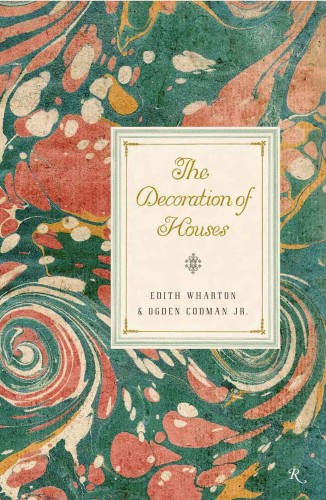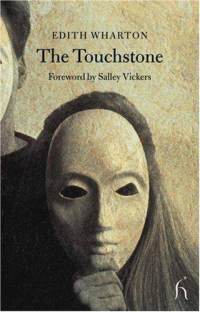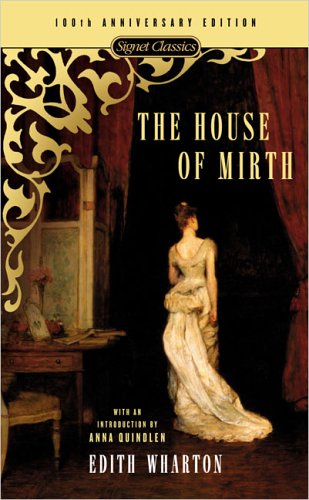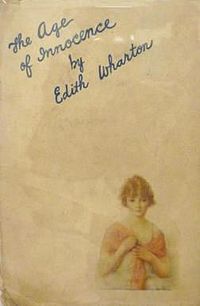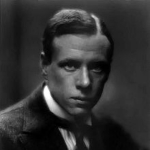Background
Edith Wharton was born on 24th January 1862 to George Frederic Jones and Lucretia Stevens Rhinelander in New York City. She had two brothers, Frederic Rhinelander and Henry Edward. She belonged to an aristocratic New York family with ancestry dating back three centuries. The saying "Keeping up with the Joneses" is said to refer to her father's family. To escape the bustling city, the family spent summers at ‘Pencraig’ on the shores of Newport Harbour in Newport, Rhode Island. When Edith was four years old they moved to Europe, spending the next five years traveling throughout Italy, Spain, Germany and France. Back in New York young Edith continued her education under private tutors. She learned French and German and a voracious reader, she studied literature, philosophy, science, and art which would also become a favourite subject of hers. She also started to write short stories and poetry.
In 1885, at 23, she married Edward (Teddy) Robbins Wharton, who was 12 years older. From a well-established Boston family, he was a sportsman and gentleman of the same social class and shared her love of travel. From the late 1880s until 1902, he suffered acute depression, and the couple ceased their extensive travel. At that time his depression manifested as a more serious disorder, after which they lived almost exclusively at The Mount, their estate designed by Edith Wharton. In 1908 her husband's mental state was determined to be incurable. She divorced him in 1913. Later in 1908 she began an affair with Morton Fullerton, a journalist for The Times, in whom she found an intellectual partner.
In addition to novels, Wharton wrote at least 85 short stories. She was also a garden designer, interior designer, and taste-maker of her time. She spoke fluent French (as well as several other languages), and many of her books were published in both French and English.
When World War I began Wharton was in North Africa, but soon devoted much of her time in assisting refugees and orphans in France and Belgium. She helped raise funds for their support, and was involved with creating and running hostels and schools for them.
Edith Wharton died of a stroke on 11 August 1937 at Pavillon Colombe. Her funeral service was held at the American Cathedral of the Holy Trinity in Paris of which her father was a founding member. She was buried on 14 August in the Cimetière des Gonards, Versailles, France. The epitaph on the cross adorning her gravestone reads O Crux Ave Spes Unica which roughly translates as Hail O Cross Our Only Hope.





